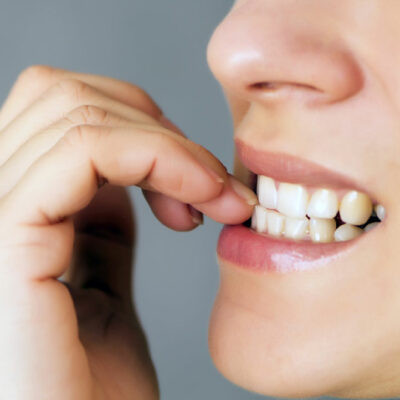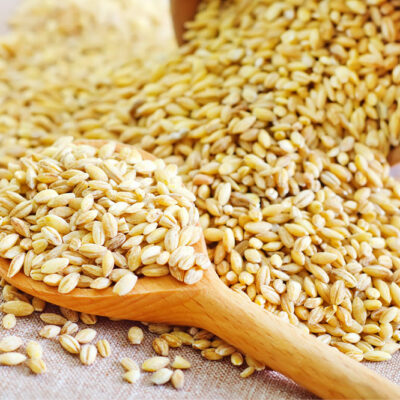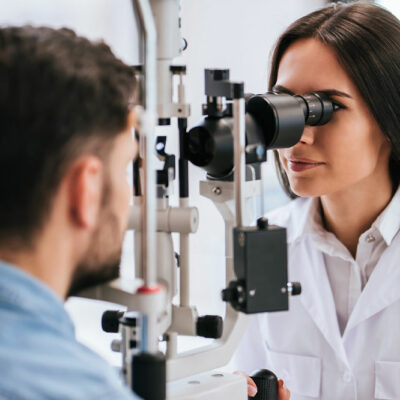
health
10 Unhealthy Habits That Damage the Teeth
It is common knowledge that teeth are one of the most vital parts of the human body. They help chew food, enhance smiles, give the face a balanced appearance, and more. This is why it is essential to maintain good dental habits and eliminate the bad ones. While brushing one’s teeth daily, flossing, and avoiding sugar-heavy foods, are some good habits, here are some unhealthy habits that damage the teeth: Brushing vigorously As specified earlier, brushing is good for the teeth. However, many people go overboard with their effort to brush their teeth. Vigorous brushing leads to tooth enamel wearing out and gums receding, resulting in progressively sensitive teeth. To avoid these outcomes, one must be gentle on their teeth and gums while maneuvering their brush from one end to another. Biting nails When stressed out, people are more than likely to bite on their nails even without realizing it. Nail-biting is bad for one’s dental health for a host of reasons. For one, this habit transfers all the germs and bacteria from one’s hands into their mouth. Apart from that, biting one’s nails is a surefire way to damage and break the teeth over a period of time. What’s more, when a person bites their nails regularly, they are putting a lot of pressure on their teeth, causing them to subtly move around.




















